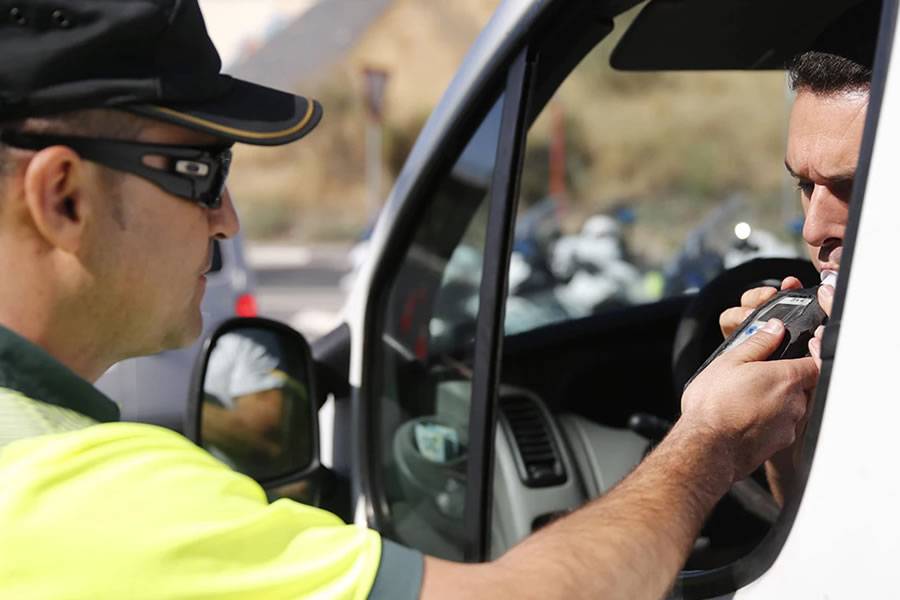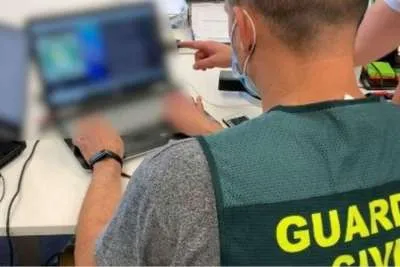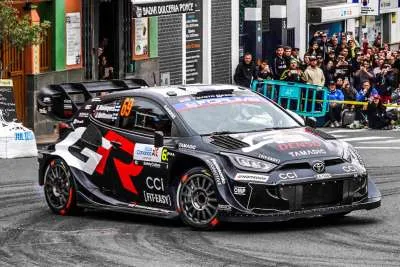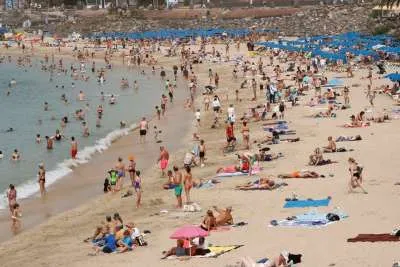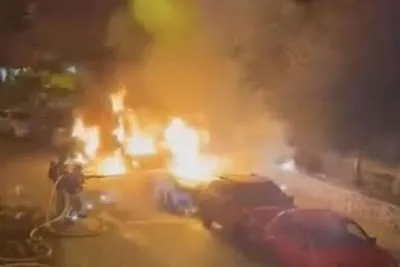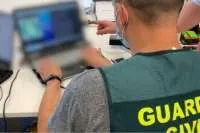When can drink driving result in a jail sentence in Spain?
- 12-10-2022
- National
- Canarian Weekly
During Spain's recent campaign to reduce driving under the influence of alcohol and drugs, 80% of positive cases were detected at Guardia Civil road checkpoints, and the remainder were drivers who had been stopped for other driving offences, had been involved in accidents, or had shown signs of being over the limit when driving.
As a result of the campaign carried out in August by the DGT (Directorate-General for Traffic) 274 drivers have appeared in court, either because they registered more than 0.60mg/l of alcohol when breathalysed, had consumed a narcotic substance, or refused to be tested. The Guardia Civil also identified 4,750 drivers who had consumed alcohol but were not over the limit.
The severity of the penalty for driving under the influence of drink or drugs depends on the circumstances. A driver whose breathalyser result is more than 0.60 mg/l or who has a blood alcohol level higher than 1.2 grams per litre, and those who test positive for drugs or psychotropic substances, can face between three and six months in jail.
However, as with speeding offences, the judge has the right to issue a fine, to be paid over a 6 to 12 month period, instead of imposing a prison term or order the driver to do community service for 31 to 90 days. In any case, they can be banned from driving for between one and four years.
If someone is also found guilty of reckless driving, the prison term can be increased to two years, and the ban from driving from one to six years. If they showed a “manifest disregard for the lives of others”, they can be jailed for between two and five years, although this can be reduced to one or two years if they did not endanger the life of another person.
If a driver refuses to take a test for alcohol, drugs, narcotics, and psychotropic substances, they can be jailed for between 6 and 12 months and banned from driving for one to four years.
Other articles that may interest you...
Trending
Most Read Articles
Featured Videos
TributoFest: Michael Buble promo 14.02.2026
- 30-01-2026
TEAs 2025 Highlights
- 17-11-2025


